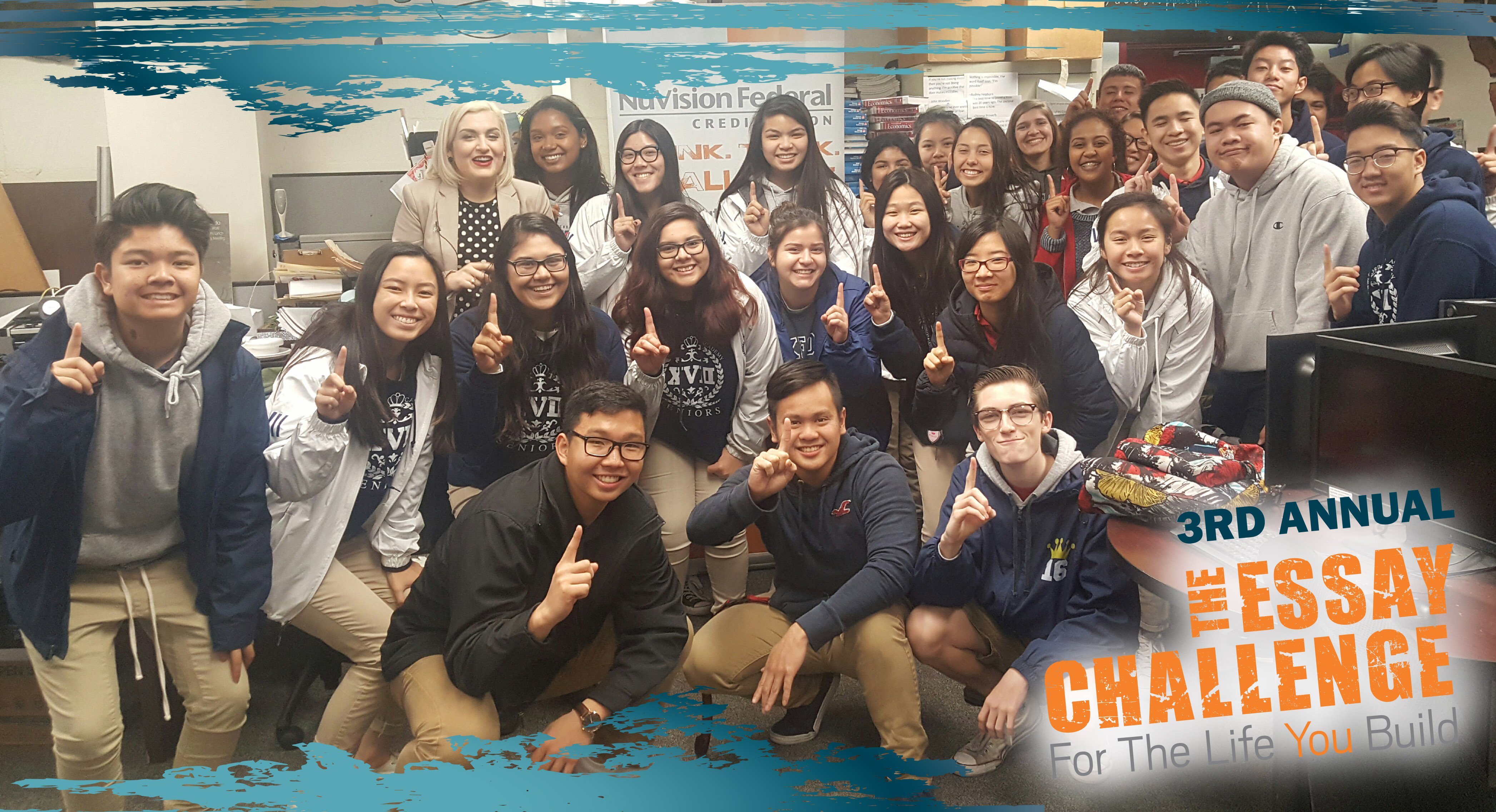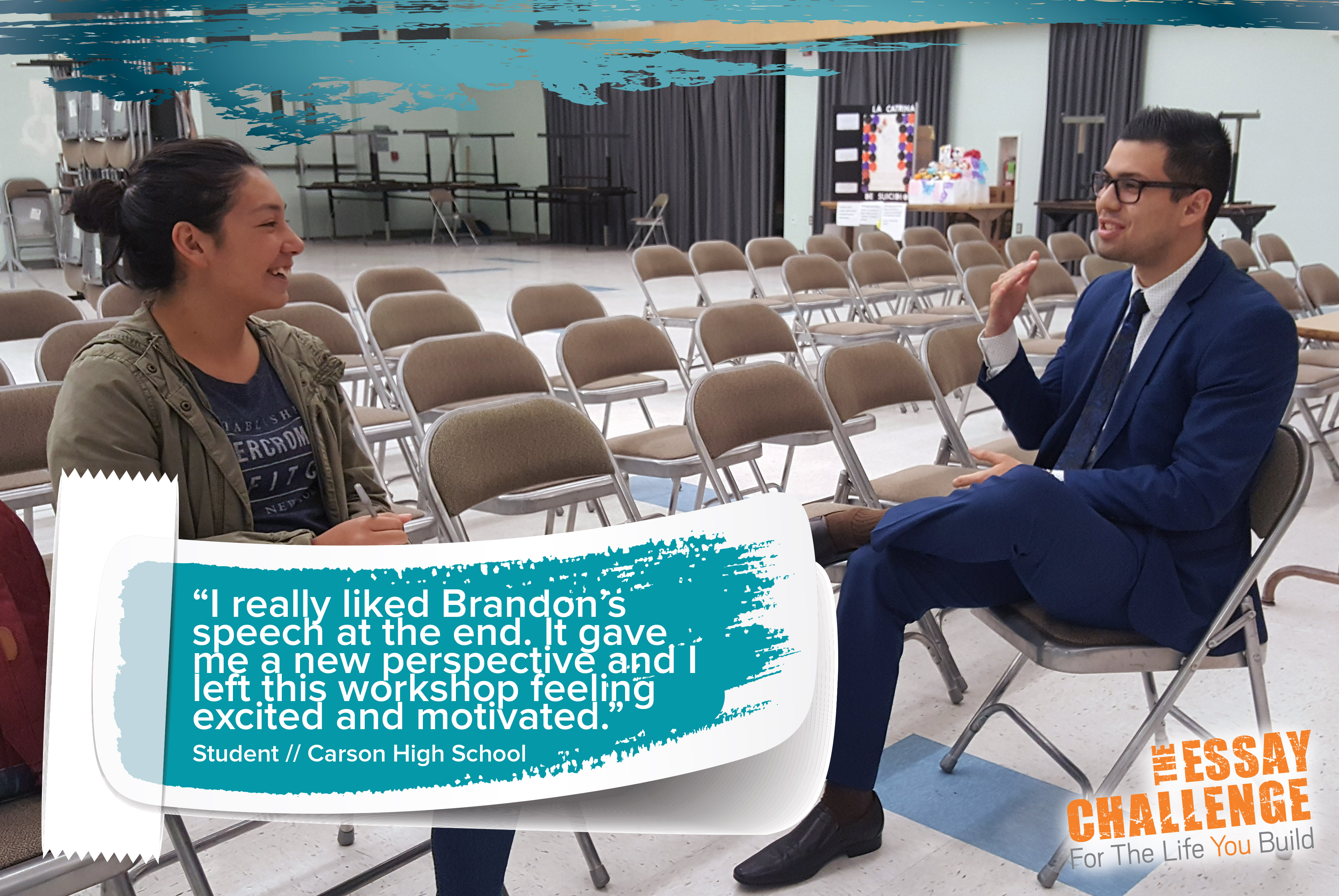Our Commitment to Serve Our Community: The Importance of Financial Literacy

Financial literacy is something that almost everybody agrees should be taught in schools; unfortunately, even teachers feel a bit overwhelmed when it comes to talking to their students about money. In a study conducted by the University of Wisconsin, 89 percent of K-12 teachers agreed that students should either take a financial education course or pass a competency test for personal finance before graduating from high school, but very few of those teachers believed they were qualified to teach financial topics.
The study found that only 37 percent of K-12 teachers had themselves taken a college course on personal finance and only one in five felt qualified to lead a personal finance class.
Karen Holden, a Human Ecology expert at University of Wisconsin, said:
“Our research shows that teachers are open to integrating financial education into their curriculum. But they need help with tailoring the content to their discipline,” Holden says. “Helping teachers learn how to include financial literacy concepts into other disciplines such as math, consumer education, or language arts-is a way to expand financial education throughout the curriculum.”
The need for Financial Literacy in our Schools
This is one of the most critical times in a child’s life. Many of the financial decisions they make now can have lifelong consequences. From being able to apply for their first credit cards to taking out student loans that they could be paying off for years to come, students need to have the knowledge and skills to manage their finances.
Here are a few statistics to support the need for personal finance education:
- In a survey conducted by George Washington University, only 8% of the millennials questioned had what the researchers called a high level of knowledge about personal finance.
- A 2015 PwC survey found that 52 percent of millennials suffer from financial stress.
- On an international student assessment financial literacy test of 15-year-olds, the U.S. ranked 7th out of 15 countries, coming in behind China, Canada, Russia and Australia.
- In a 2014 study on the Financial Capability of Young Adults, only 24% of Millennials (ages 18 to 34) surveyed could answer four out of five questions correctly in a financial literacy quiz.
So What do we do, and how do we promote financial education?
In 2016, Nuvision Credit Union launched a program to help bring financial literacy back into the public school system. Through its Essay Challenge scholarship program, Nuvision has brought financial education programs to over a dozen Southern California schools and has rewarded over $50,000 in college scholarships and funds to help local schools teach financial literacy to students.
EssayChallenge.com – Nuvision’s Essay Challenge Scholarship Program

This month, Nuvision is launching its Third Annual Essay Challenge Program at over 15 schools in Southern California. Financial literacy experts, local business owners, community leaders, and entrepreneurs will teach workshops on personal finance, entrepreneurship, and success to local high school students. As part of the program, students will write essays on what they learned in these workshops and then submit the articles for the public to vote on. Students with the winning essays will receive college scholarships, and their schools will receive funds to help them teach financial lessons to their students.
For more details on the Nuvision Essay Challenge, head over to EssayChallenge.com, follow us on Facebook, and keep
an eye on our Twitter account for updates on the challenge and for ways you can get involved.
Voting is Now Live! Click below to vote for your favorite essay.




